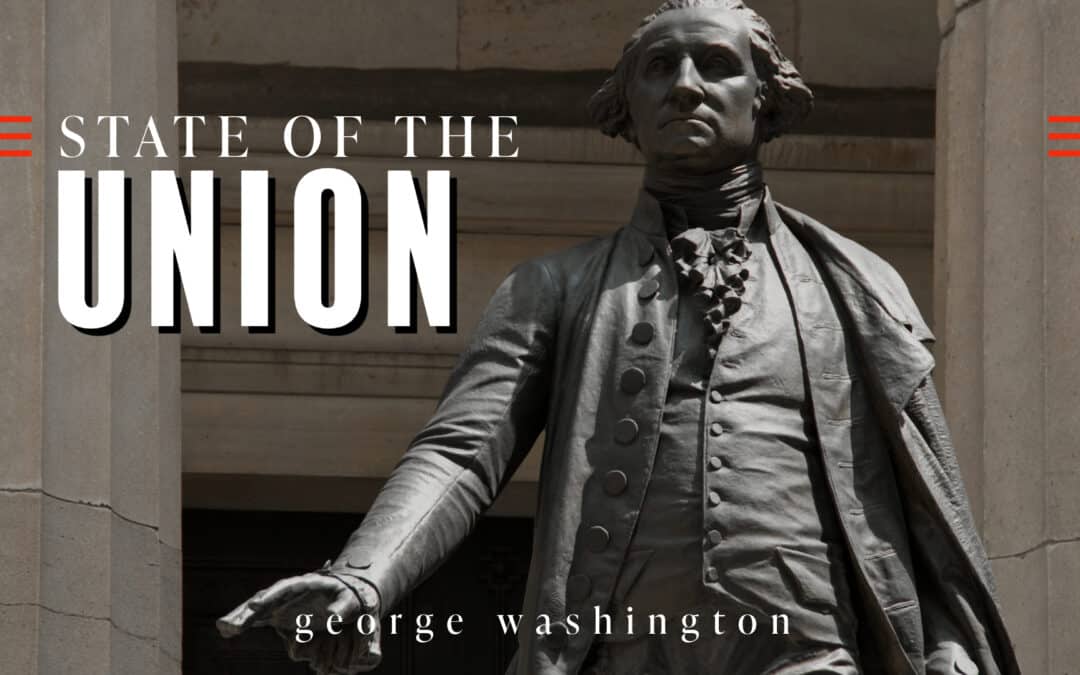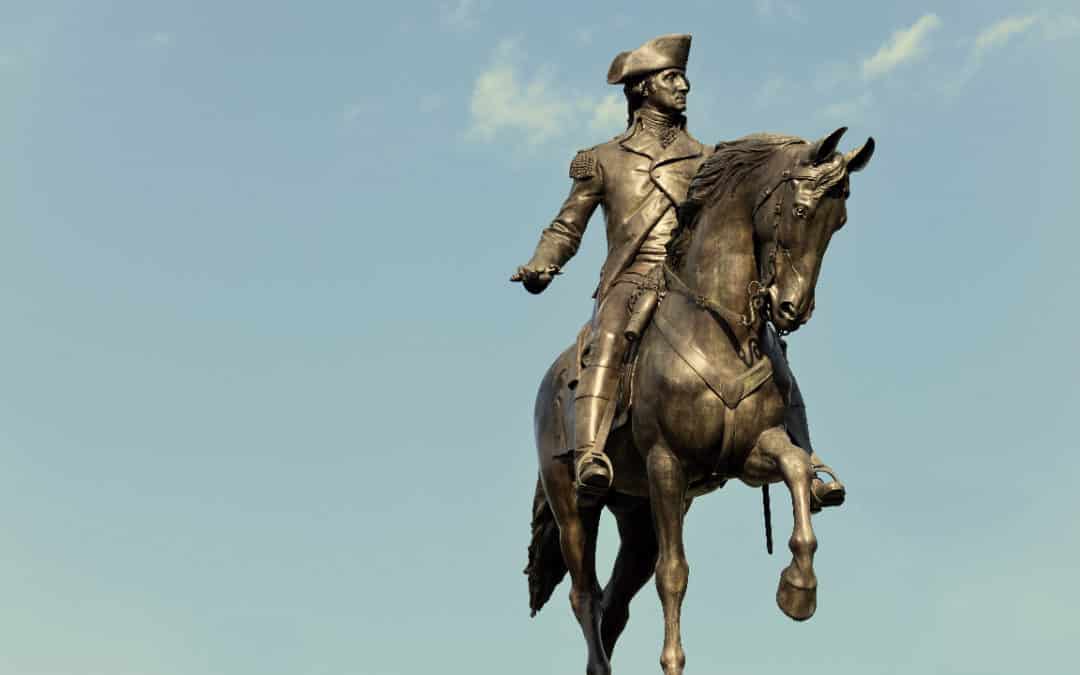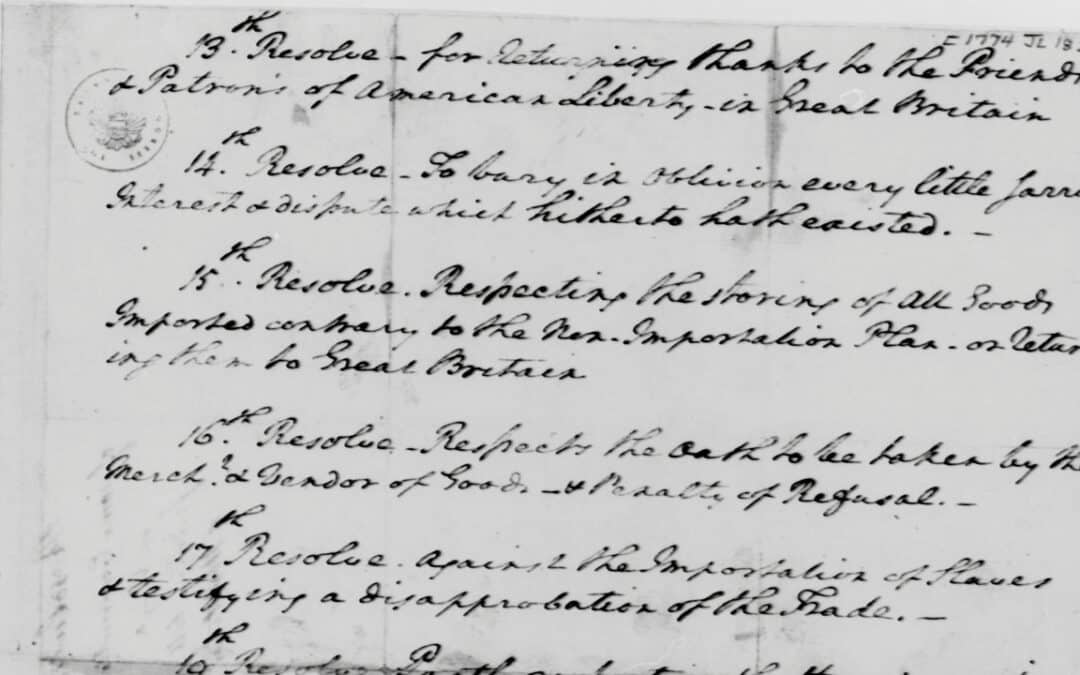
George Washington


Free and Independent: The Foreign Policy of Washington and Jefferson
Anxious to preserve their hard-won independence, Presidents George Washington and Thomas Jefferson championed a foreign policy centered on avoiding “entangling alliances.” They envisioned America pursuing peace, trade, and “friendship with all...
The Ides of March: George Washington Quells a Coup
It was the end of 1782 and the War for Independence was all but over, but the details of the official peace treaty had not yet been hammered out between the American delegation (John Jay, Benjamin Franklin, and John Adams) and their British counterpart (David...
War Powers: The True History of George Washington and the Indian Tribes
Supporters of unilateral executive war power want you to believe presidents can make all kinds of decisions about war and peace because, as they tell the story, George Washington engaged in military conflicts with Native Americans without getting authorization from...
The Founders and the Constitution: George Washington
Historian Forrest McDonald itemized some of George Washington’s constitutional contributions in American National Biography Online: “His role in working out the details of the Constitution was minimal, but Washington was important to the success of the convention...
